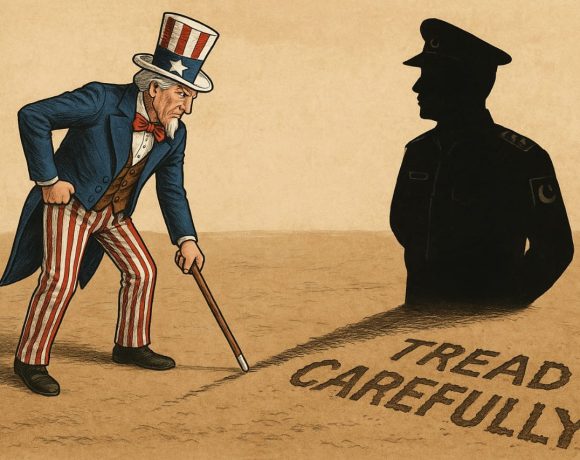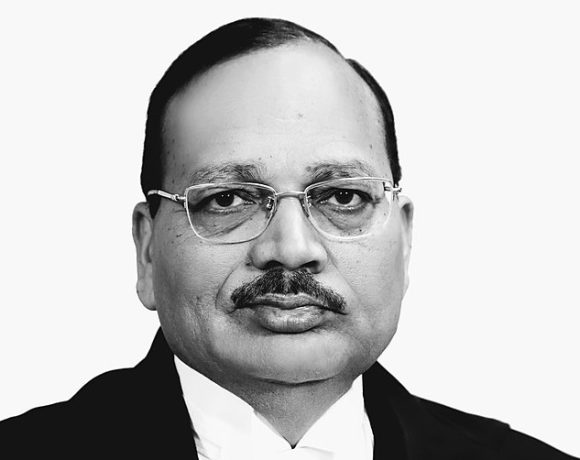
When the Protectors Turn Perpetrators: Why India Desperately Needs Police Reforms
In India, the police force is less a pillar of justice and more a tragicomic theater of power, privilege, and pathetic excuses. Picture a constable: belly spilling over his belt, swagger fuelled by stale chai and unchecked authority, lathi in hand like a medieval warlord. Don’t expect him to chase down rapists, extortionists, or white-collar thugs—that takes effort, risk, and, worse, going after someone with an actual lawyer. No, his energy is better spent extorting ₹100 from a rickshaw puller, slapping a student for ‘arguing,’ or smashing a vegetable vendor’s cart because “orders.”
If you’re poor, Dalit, Muslim, or just unlucky enough to be without a connection, congratulations—you’re the perfect punching bag for the guardians of law. But if you roll up in an SUV with a political sticker, or even better, with a surname that smells of power, the same officer will bend lower than a yoga instructor at a spiritual retreat. You’ll be offered tea, protection, and a warm seat while victims outside beg for someone to register an FIR—any FIR.
And let’s not forget their commitment to equality: everyone is equally disposable in custody. Die during interrogation? Must’ve been a heart attack. Broken ribs and bloodstains? Must’ve tripped in the bathroom. CCTV conveniently not working? Ah, divine coincidence. Investigations? Internal, of course. Justice? Don’t be ridiculous.
What we have is not a force upholding the Constitution—it’s a franchise of fear, working overtime to serve those who least need protection and punish those who most deserve dignity. This isn’t law enforcement. It’s class enforcement with a badge.
Take the recent case of Colonel Pushpinder Singh Bath, a decorated Army officer who had the audacity to expect basic decency in Punjab. Instead, he and his son were beaten black and blue by twelve policemen over—you guessed it—a parking dispute. Clearly, national service doesn’t offer the same immunity that being a party worker or builder with ‘contacts’ does.
Then there’s Gyandeep Hazarika, a delivery boy and student in Assam, slapped around by an inspector whose idea of law enforcement involves beating the future of this country because he dared to question a traffic stop. Or Somnath Suryawanshi in Maharashtra—dead in custody, body covered in injuries. Cause of death? “Shock.” What kind of shock? The shock of trusting the Indian police, perhaps.
Statistically, the horror deepens. Between 2020 and 2022, over 4,400 custodial deaths were reported. That’s not a rogue exception—it’s a systemic epidemic. Over 669 police custody deaths occurred between 2018 and 2023, according to the NHRC. During the COVID-19 lockdowns, 58% of citizens witnessed police abusing power. Because nothing says “public health” like lathi-charging migrant workers trying to get home.
And where are the consequences? Suspensions, transfers, and a well-worn ritual of outrage followed by silence. Prakash Singh’s landmark Supreme Court guidelines for reform? Filed away neatly in the drawer of Things We Don’t Intend to Do. Independent complaints authorities in every state? Missing. Separation of powers in investigation and law enforcement? Non-existent. Training in de-escalation, human rights, or even basic public interaction? You’re more likely to find a unicorn patrolling the streets.
What we really need isn’t another commission to quietly wither away in air-conditioned obscurity. We need body cameras that don’t mysteriously malfunction. We need FIRs that aren’t treated like sacred scrolls, accessible only to the blessed few. We need actual consequences, not ritualistic suspensions where the guilty sip chai in back offices until the media storm passes. We need a police force that remembers its oath isn’t to power, but to people.
We need a revolution—not of slogans, but of accountability. A system where the uniform inspires trust, not terror. Where the baton isn’t the first response, but the last resort. Where policing is a public service, not a private racket of those who’ve mastered the art of intimidation with immunity. Until then, let’s not pretend we’re a democracy with law and order. We’re a country where justice is auctioned, dignity is conditional, and your experience with the police depends entirely on your wallet and your surname.
So yes, salute the khaki—but only if you’re wearing gold chains, have a political uncle, or enough cash to make the complaint disappear. The rest of us? We’ll continue walking fast past police vans, avoiding eye contact, praying our existence doesn’t offend someone’s ego. Because in this country, justice doesn’t wear khaki—it dodges it, hides from it, and occasionally, dies in its custody.


















